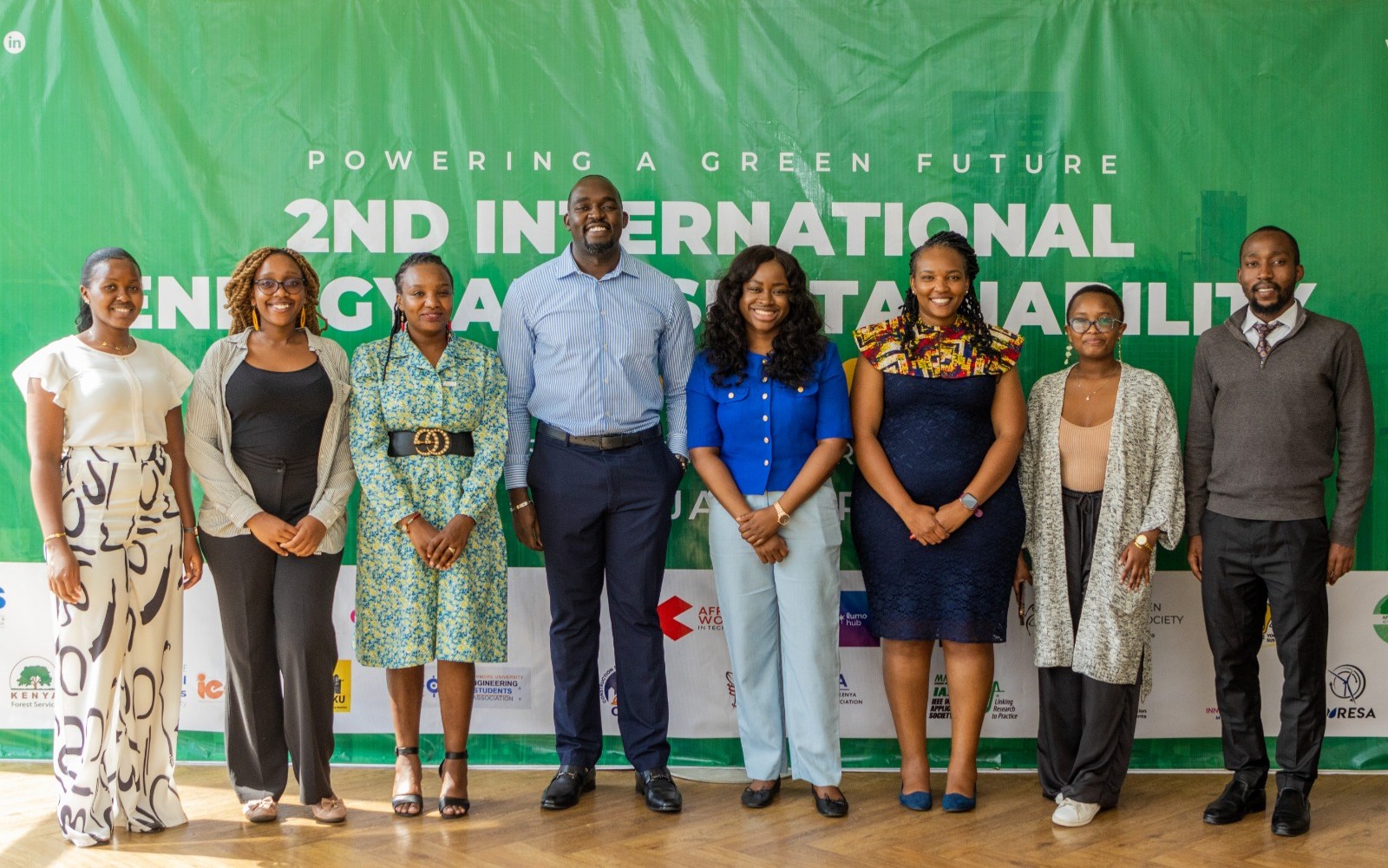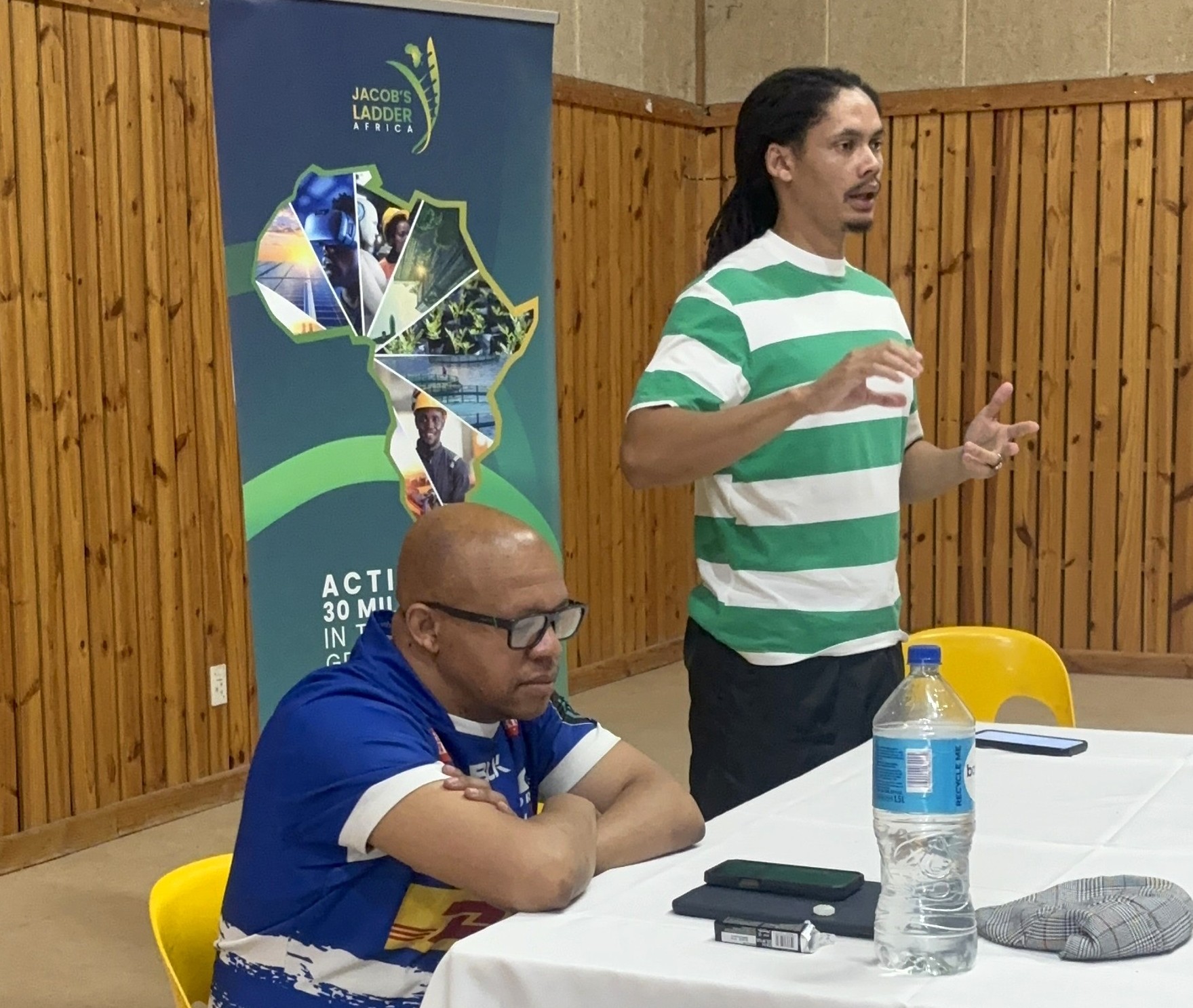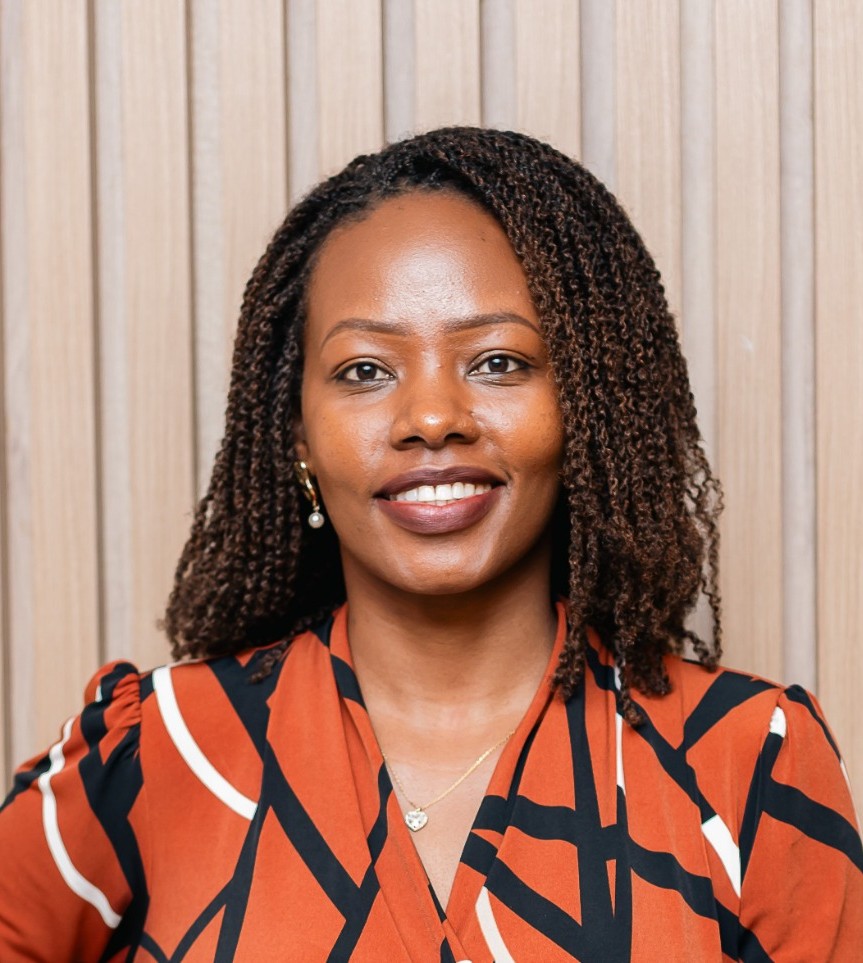From April to June 2024, Jacob’s Ladder Africa, in partnership with Columbia University embarked on a transformative journey through a 3- part Virtual Workshop Series, to initiate climate leadership among Africa Climate Ambassadors with representation from African countries like Ghana, Nigeria, South Africa and Kenya, as part of JLA’s Africa Climate Ambassadors’ Programme (ACAP) for 2024. Spearheaded by Columbia Climate School Liaison Sandra Goldmark and led by the dynamic facilitator Kirya Traber, with the invaluable support of Carly Roberts and Kasia Smetek, this series aimed to empower climate ambassadors with knowledge, strategies, and a collaborative spirit to tackle climate change across various industries.
The first session, “Climate Introductions,” set a strong foundation, whose goals were clear: to create a shared vocabulary around climate issues, provide introductory resources for understanding climate change, and begin building a network of interdisciplinary expertise and resources. This was of most importance to the ambassadors within the creative economy who are influential, but lack in-depth knowledge of climate change principles. Other techniques used involved personal storytelling, peer sharing, which allowed for further learning and areas of expertise and curiosity, setting a platform for future collaborations or opportunities to scale up.
A core part of the training focused on industry intersections, which guided the ambassadors through a structured process to explore how different industries contribute to climate change or intersect with climate change. This empowered their knowledge around systems thinking and identifying opportunities for intervention and change. The climate ambassadors engaged in group work, mapping out climate intersections within their industries and reflecting on potential leverage points for impactful change. This definitely solidified the connection between individual industries and broader climate goals.
The series culminated in a powerful session on Change Leadership, aiming to integrate climate issues, industry expertise into models for change-making. Ambassadors delved into a rich discussion of change-making experiences, where they crafted challenge statements and engaged in storytelling for change, honing their skills in persuasive pitches and personal storytelling for broad audiences. This made the ambassadors leave with a clear vision and actionable strategies for leading climate initiatives.
Climate ambassadors are key in raising awareness about climate change and training the public. By empowering them in climate leadership, they are charged with communicating science, impacts and solutions related to climate change, hence creating a ripple effect in their communities, where more people are informed and engaged. As the ambassadors are equipped with the skills needed to influence policy and advocate for climate action, they are better positioned when it comes to working with governments, businesses and communities to push for sustainable practices and policies that mitigate climate change.
As they get empowered to take action, they trickle the knowledge down to their communities, where they provide the knowledge and tools necessary for individuals and groups to implement local climate initiatives such as renewable energy projects, conservation efforts, and sustainable agriculture practices.
Climate change is a global challenge that requires coordinated action across borders. Training climate ambassadors ensures that there are knowledgeable and capable leaders who can contribute to global efforts and collaborate on international climate initiatives.
These sessions have successfully equipped a new wave of climate ambassadors with the knowledge, skills, and networks needed to drive meaningful change. As we celebrate the completion of this series, we look forward to seeing the impactful initiatives that will emerge from these empowered leaders. Together, we are building a resilient and climate-ready future.





